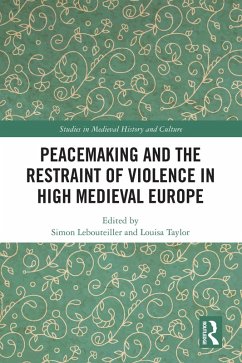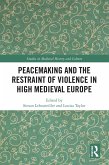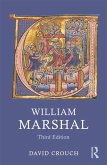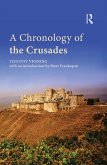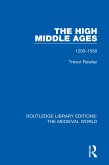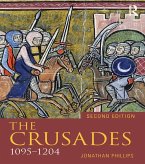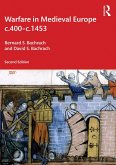The chapters in the first part of this volume address the issue of how violence was moderated and curbed during and following periods of conflict. The second part explores attempts to maintain peace and the processes which developed to deal with those viewed as having broken the peace. The final part of this volume explores the ways in which conflict was avoided through the maintenance of positive relationships between individuals and groups.
This book will be of interest to both academics and students interested in conflict, the restraint of violence, and peacemaking in medieval societies as well as those working on ritual and conflict resolution in any historical period.
Dieser Download kann aus rechtlichen Gründen nur mit Rechnungsadresse in A, B, BG, CY, CZ, D, DK, EW, E, FIN, F, GR, HR, H, IRL, I, LT, L, LR, M, NL, PL, P, R, S, SLO, SK ausgeliefert werden.

